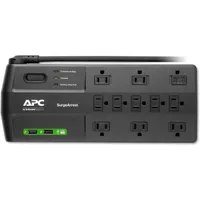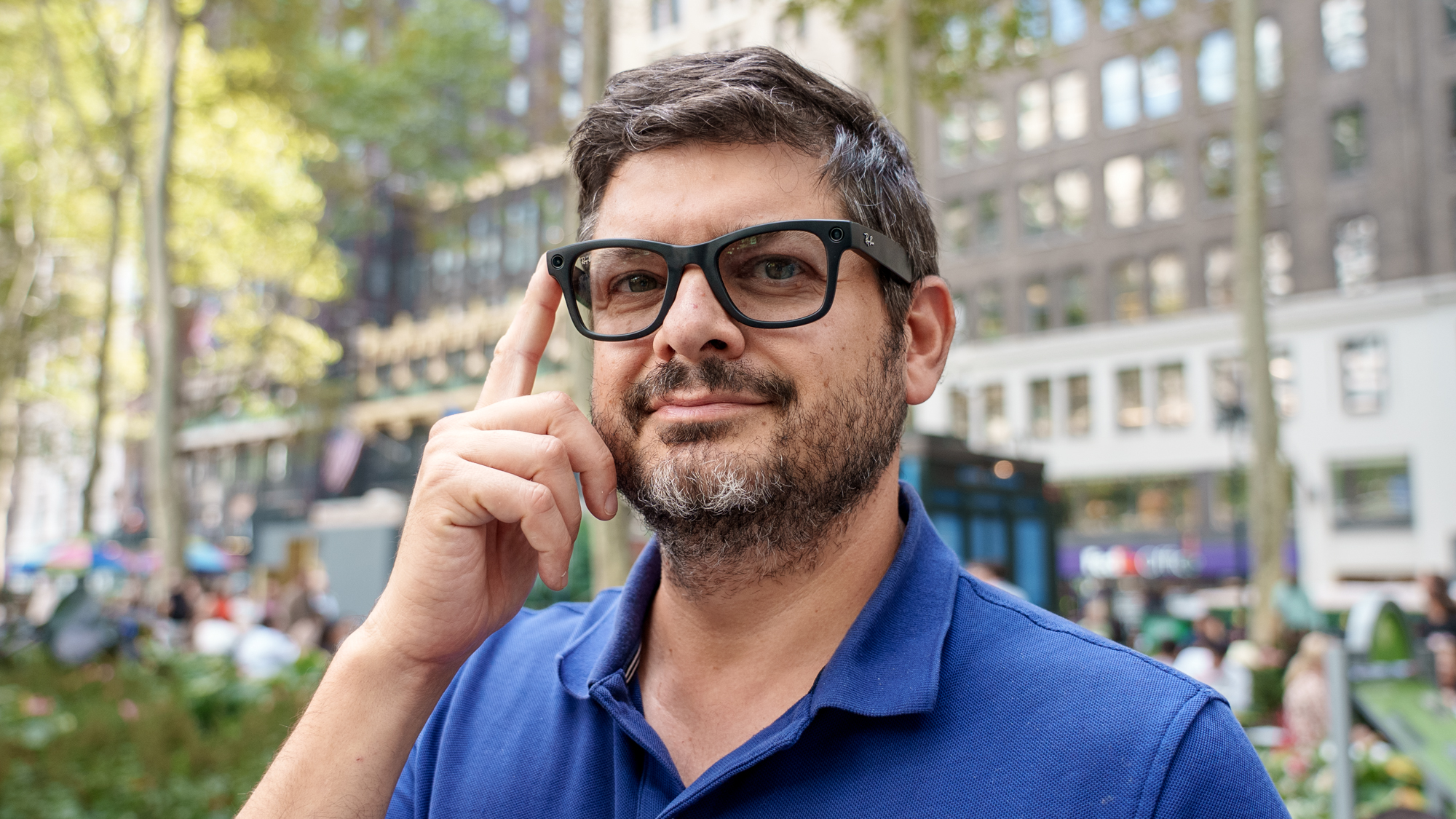Don't skip this cheap $27 TV accessory — it's more important than you think
Your TV is expensive, so take steps to protect it
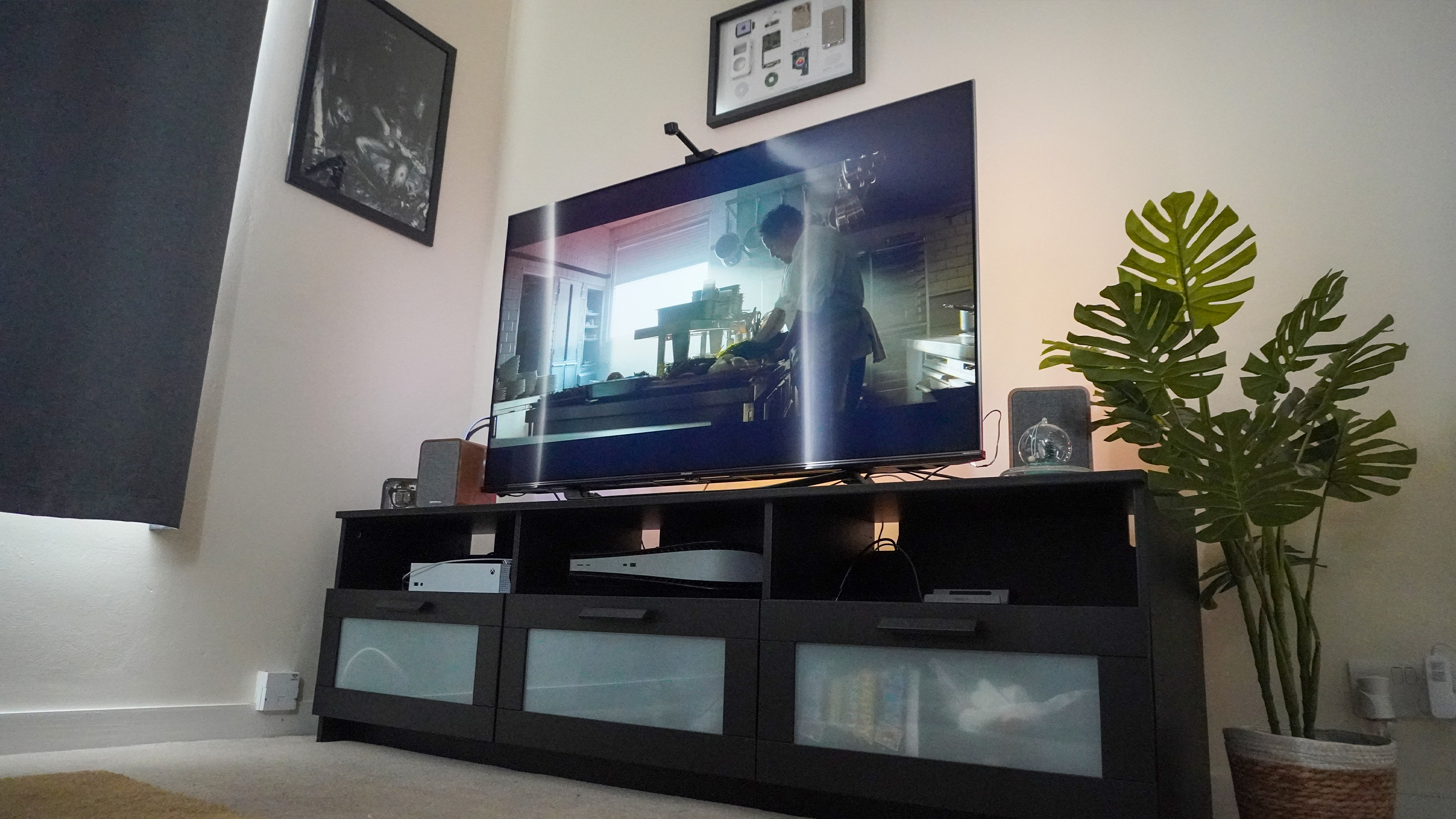
For many folks, what I'm about to say will seem like the most obvious thing in the world. For others, it'll come as a shock.
It doesn't matter if you own a good cheap TV or one of best TVs you can buy. If it isn't plugged into a surge protector, you're playing with fire. More accurately, you're playing with electricity — powerful, unpredictable electricity.
Like I said: Most readers already know about the importance of surge protectors. If you don't, there's no shame in that, either. I was pretty far in life before someone schooled me on this.
Allow me to pay the knowledge forward by explaining what these accessories do, why they're important, and how to buy the best surge protector for your home.
How can a surge protector help my TV?
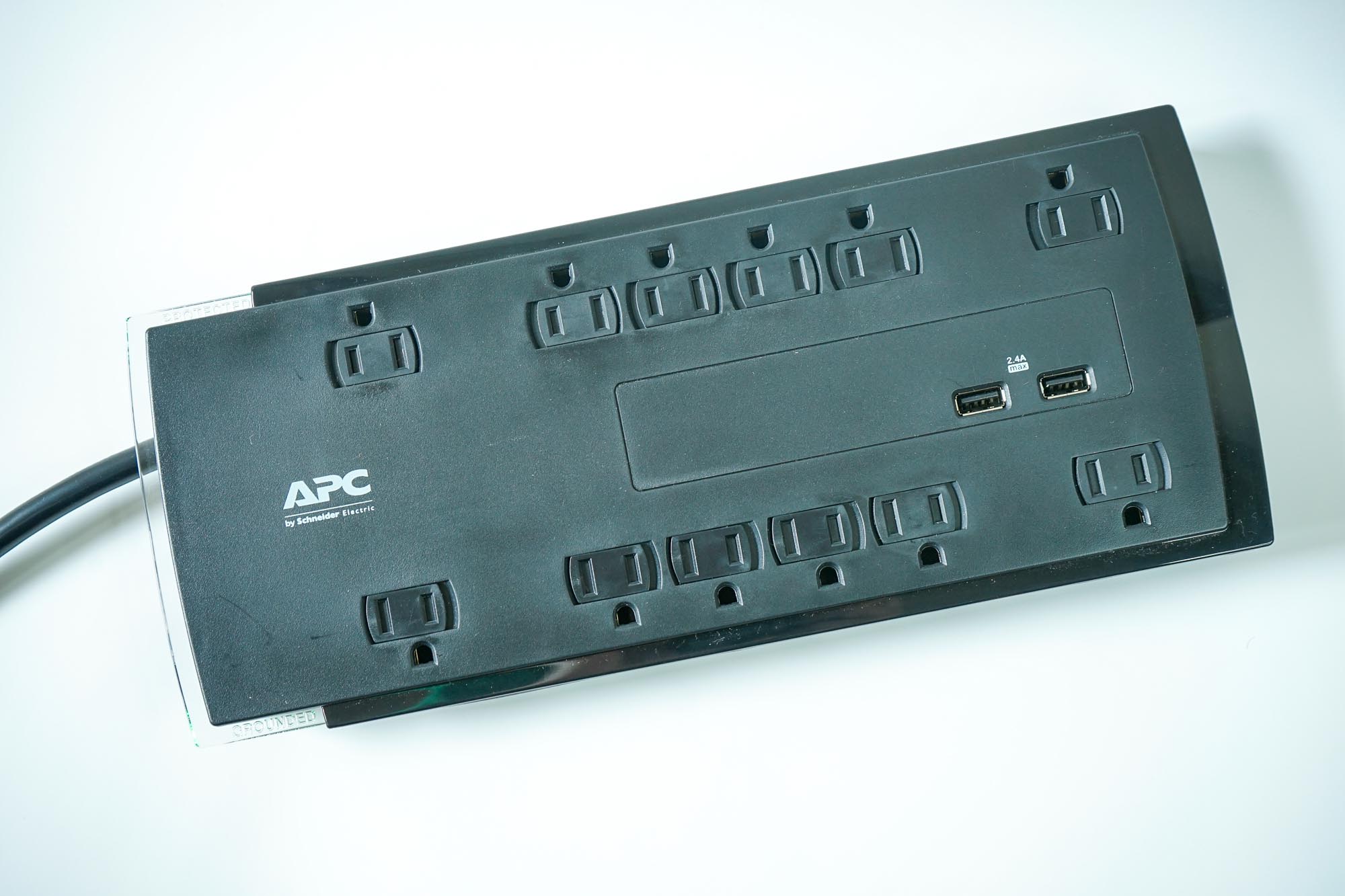
Surge protectors are an important (but oft overlooked) element of many rooms in your home, but especially in the living room, where all of your home theater-related electronics reside. In a nutshell, surge protectors act as something of a mediator between your prized electronics and the outlet on the wall.
I've heard from countless readers who've lost their TV in an instant during a brown out or lightning storm.
In the event of a lightning strike, the jolt associated with a power outage, or any number of factors that can cause a sudden surge in power, a surge protector — often in the form of a power strip — shields your devices from the sudden shock.
This matters because your stuff matters. In more than a decade of covering TVs, I've heard from countless readers who've lost their TV in an instant during a brown out or lightning storm.
Get instant access to breaking news, the hottest reviews, great deals and helpful tips.
Some properties — especially recently built homes — have been outfitted with whole-house surge protectors to protect electronics across the entire property. They can be hard to spot and installed in a number of places, so unless you know for certain that one exists, you should err on the side of caution and assume you don't have one.
As a renter, I've never made visual contact with a whole-house surge protector on my property, nor have I had one's existence confirmed by my landlord or an electrician. In the meantime, I'm not taking any chances.
What is the best surge protector for my TV?
We understand that it can be a drag to buy completely utilitarian, and — dare I say it — boring products like surge protectors. That's why we kept pricing in mind when we tested and reviewed some of the best (and most popular) surge protectors on the market. You can check out our surge protector buying guide for a full spread of options.
If you just want to know our top pick, it's the APC SurgeArrest, as it offers plenty of outlets (and even some USB ports) in addition to its basic functionality. We also appreciate its relatively low price: The APC SurgeArrest is on sale at Amazon for just $27.99 at the time of publishing. Buy it, plug it in and forget all about it.
APC SurgeArrest: was $34 now $27 @ Amazon
Protect your TV and other electronics with the APC SurgeArrest surge protector. It comes with 11 outlets as well as 2 USB charging ports. It also features a 6-foot power cord, a flat 90-degree plug to save space and comes with a lifetime warranty.
Will a regular power strip protect my TV from a power surge?
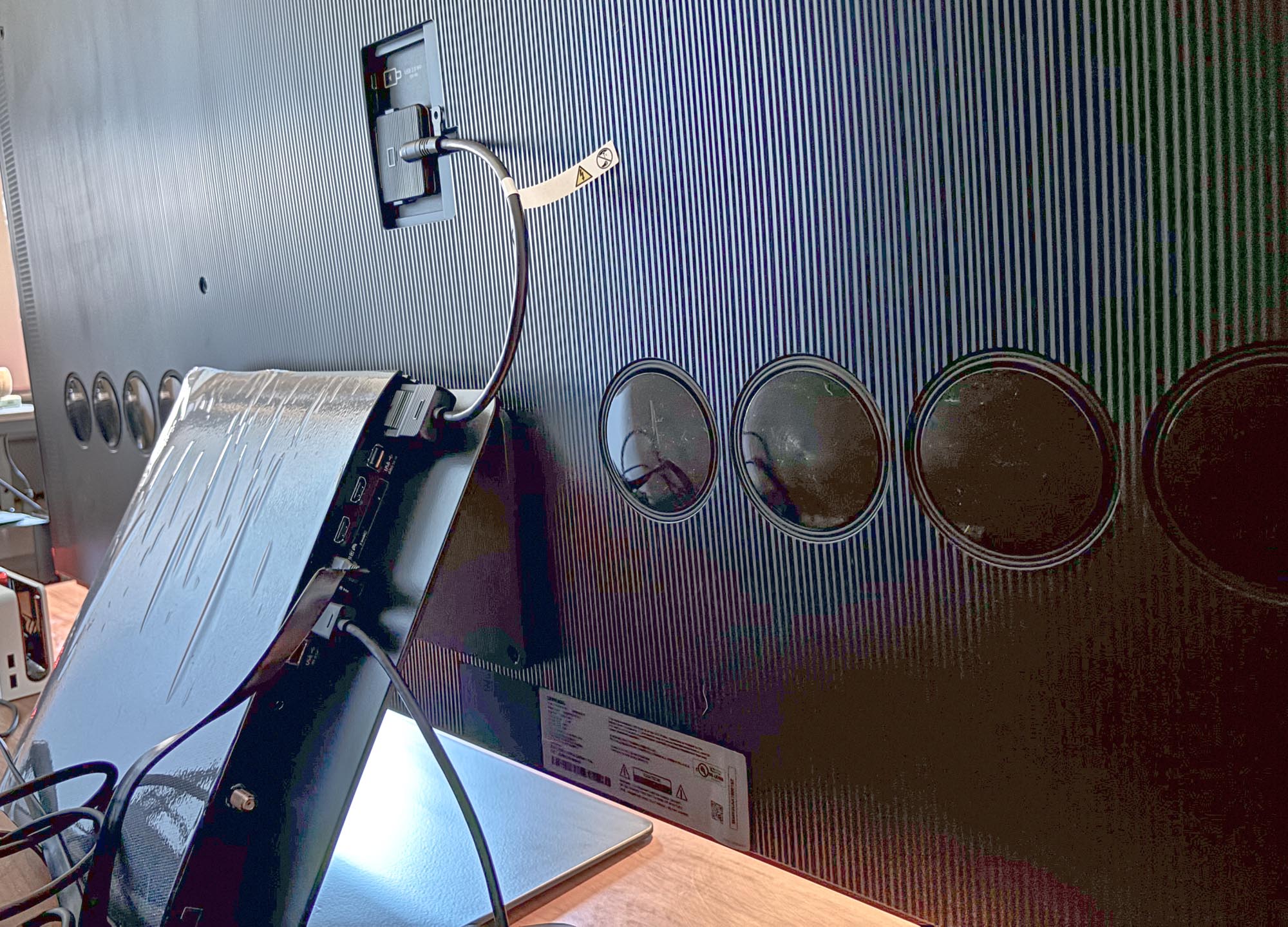
While wall-based, plug-in surge protectors often look similar to basic power strips, it's important to remember that not all power strips offer surge protection. Don't get it twisted!
Check the labeling on the packaging for a surge suppression rating or any notes about surge protection functionality. This language might also be on the strip itself, sometimes along the bottom.
Remember to be cautious. If you can't confirm that your power strip offers this protection, it's best to assume that it doesn't. The last thing you ought to do is play it fast and loose with your TV.
More from Tom's Guide

Michael Desjardin is a Senior Editor for TVs at Tom's Guide. He's been testing and tinkering with TVs professionally for over a decade, previously for Reviewed and USA Today. Michael graduated from Emerson College where he studied media production and screenwriting. He loves cooking, zoning out to ambient music, and getting way too invested in the Red Sox. He considers himself living proof that TV doesn't necessarily rot your brain.
